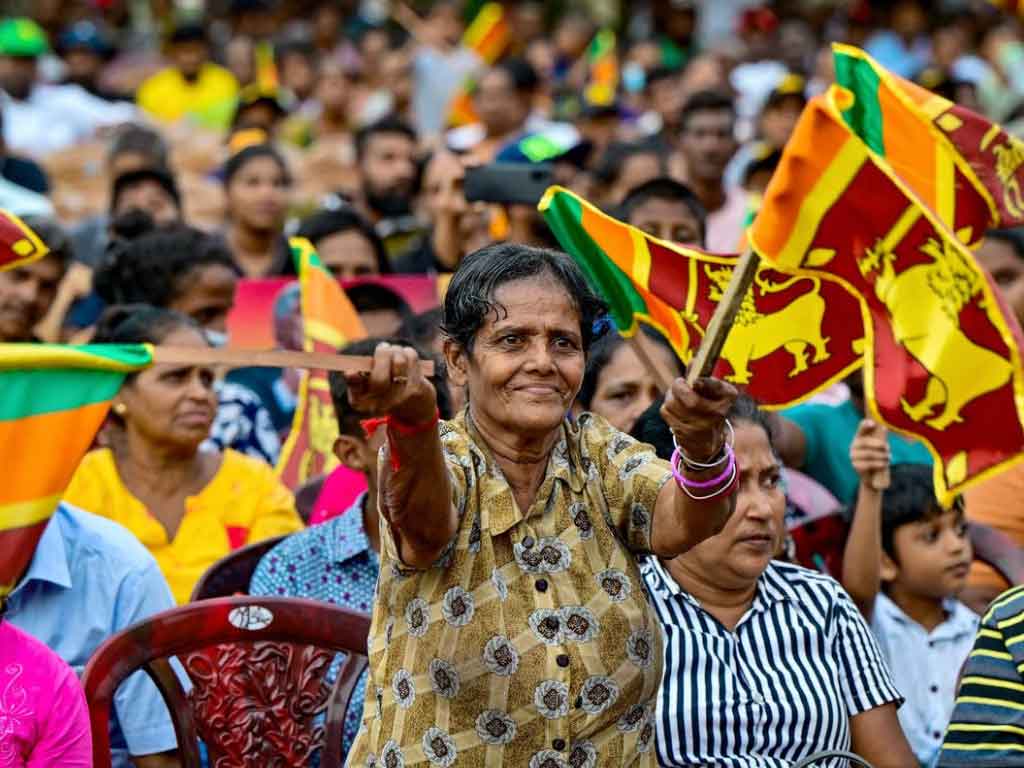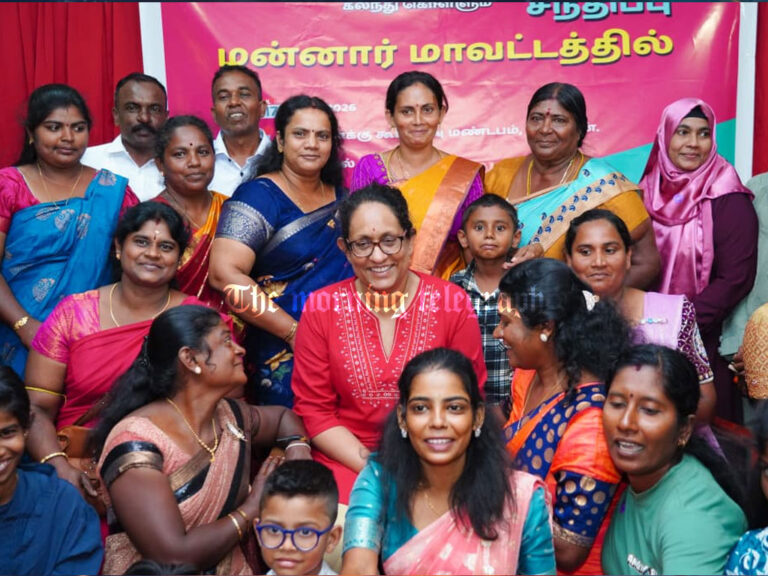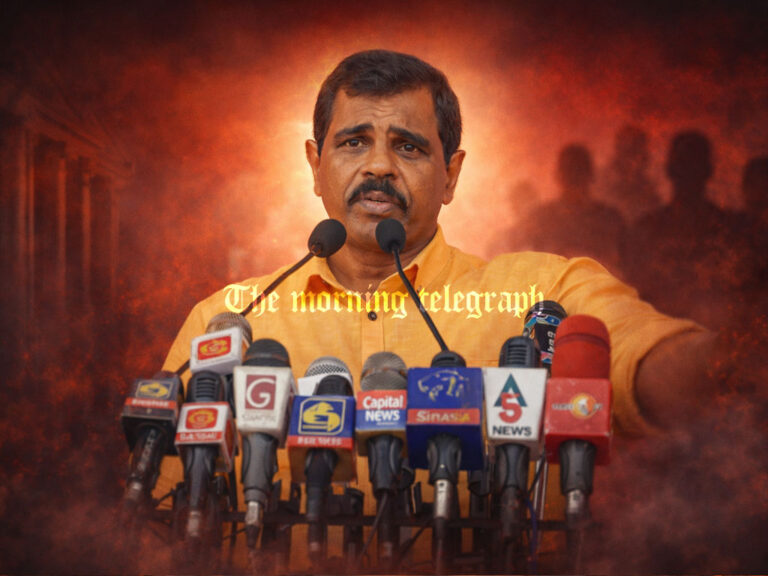
Sri Lankans are voting in a crucial parliamentary election on Thursday, a pivotal moment for the country as it navigates its recovery from an economic crisis. The election is particularly significant for President Anura Kumara Dissanayake, who won the presidential election in September. His victory marked a rejection of the traditional political parties that have dominated Sri Lanka since its independence. However, Dissanayake’s National People’s Power (NPP) party, despite his presidential win, has just a small presence in the parliament, holding only three seats out of the 225 available.
The NPP faces a daunting task in this election. To take control of the parliament, it needs to secure at least 113 seats, a substantial increase from the 42% of the vote Dissanayake received in the presidential election. This requires the party to make significant gains in a system where 196 of the parliament’s seats are allocated based on the proportion of votes parties receive in each district. The remaining 29 seats are assigned according to the total national vote share, which means the NPP must also perform well nationwide.
The opposition’s main challenge comes from Sajith Premadasa’s Samagi Jana Balawegaya (SJB), which is the largest opposition party and came second in the presidential election. While Dissanayake’s NPP has gained significant momentum, many of its candidates are newcomers in the political arena, up against well-established political figures from traditional parties. This gives the NPP an uphill battle, even as Dissanayake campaigns fervently to ensure that his party does not need to form coalitions to implement the reforms he promised to voters.
The election is taking place in the context of Sri Lanka’s ongoing economic recovery, following a 2022 economic crisis that led the country to default on its debt and declare bankruptcy. The country is in the middle of an IMF bailout program, and the terms of the deal are a critical issue in the election. Dissanayake had initially criticized the agreement, claiming that it placed too much of a burden on the Sri Lankan people. However, he has since backtracked and stated that his government will honor the deal, with adjustments to protect the most vulnerable populations.
The economic collapse, compounded by the pandemic, mismanagement, and other crises, led to political instability that saw President Gotabaya Rajapaksa forced to resign in 2022. His successor, Ranil Wickremesinghe, stabilized the economy, but his government faced intense opposition due to austerity measures, including tax hikes and rising utility costs. Dissanayake capitalized on this dissatisfaction, promising to fight corruption, restore accountability, and implement pro-poor policies.
With results expected to be announced on Friday, the election will be a test for Dissanayake’s ability to maintain momentum and push forward with his vision for Sri Lanka’s future. The NPP’s performance will determine whether Dissanayake can enact the reforms he promised to voters and lead Sri Lanka out of its current economic struggles.




